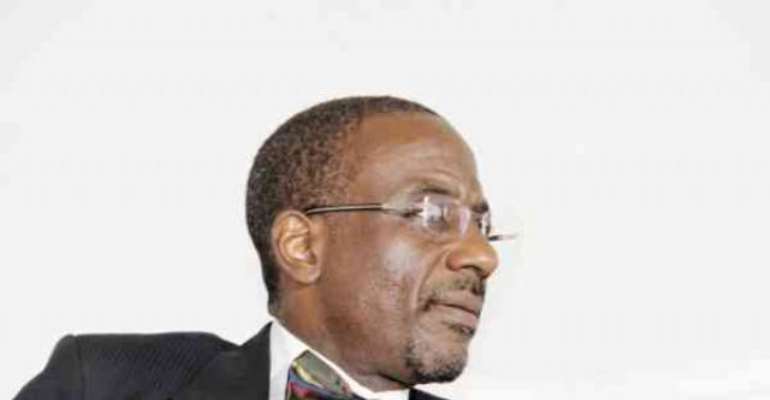WTO NEEDS POLITICAL MIRACLE FOR 2010 DOHA DEAL

WTO needs political miracle for 2010 Doha deal
REUTERS
March 19, 2010 03:10AM
Members of the World Trade Organisation are likely to conclude next week that it will take a political miracle to agree a new trade deal this year, consigning yet another Doha round deadline to the dustbin.
The U.S. and European Union trade chiefs have already acknowledged that it may not be possible to complete the Doha round of negotiations by 2010, as demanded by leaders at the last G20 summit and other meetings.
Next week's “stock-taking”, mandated by ministers at a WTO conference last December, has been scaled back.
The possibility that ministers would make the assessment has been dropped, leaving the announcement to senior officials, and the exercise has been brought forward to coincide with a week of meetings already planned for officials to negotiate on Doha.
“I have very low expectations,” said the WTO ambassador of an emerging economy. “It's clear that 2010 is not on the cards.” Many negotiators say the talks, launched in late 2001 to open up global commerce and help poor countries to prosper through more trade, are going backwards despite some progress on technical issues.
New Zealand's chief WTO negotiator, Crawford Falconer, who chaired Doha's key agriculture talks until last year, told a conference in Canberra this month that 2010 remained the target.
“But let's not kid ourselves. The reality is that the way we are going in Geneva, right now we won't make it,” he said.
Political bind
The deal, which WTO Director-General Pascal Lamy says is needed to boost the world economy and provide a bulwark against protectionism, has been stuck in a political bind since ministers failed to clinch a breakthrough in July 2008.
Most other members say the United States is not really committed to the talks, as symbolised by President Barack Obama's failure to persuade Congress to approve a U.S. ambassador to the WTO in Geneva.
Under affable Trade Representative Ron Kirk, the United States says it is trying to advance the talks but China, India, Brazil and other emerging economies are unwilling to offer enough to sell a deal to voters.
Obama has had bigger priorities than trade in his first year, such as healthcare and climate change, and few votes are to be had promoting trade deals now.
But in Washington there is no interest in a deal seen as imposing burdens on the United States with little in exchange. Unless American businesses are banging on congressmen's doors demanding their support, it's unlikely to happen.
Failure to agree a new trade deal in the next few months raises the question of whether it matters.
World trade is rebounding strongly after contracting 12 percent in 2009, the biggest fall since World War Two, as demand slumped in the aftermath of the financial crisis.
Deutsche Bank says trade growth this year could be in double digits, amid reports of a huge pick-up at the start of the year.
The WTO says that a feared wave of 1930s-style protectionism failed to materialise in the wake of the crisis, as the global trading system proved its mettle.
There are plenty of trade tensions, with a row about China's exchange rate the latest dispute between Washington and Beijing, but they are mostly being dealt with according to WTO rules.
The formal outcome of the stocktaking is unclear. It may set out plans for further negotiations but an acknowledgement that Doha will not be completed this year could lead many to see the WTO as primarily a forum for resolving disputes rather than negotiating new agreements.
It could also revive calls for a “Doha lite” — a quick, modest deal on which everyone can agree, such as measures to help developing countries to trade more — followed by revised negotiations with an updated agenda, such as a greater focus on trade and climate change.
Many WTO members are already putting more energy into regional and bilateral trade deals than a global Doha pact, with the United States joining Asian and Pacific countries in talks on a Trans-Pacific Partnership, and the EU and Latin American group Mercosur reviving stalled talks.
